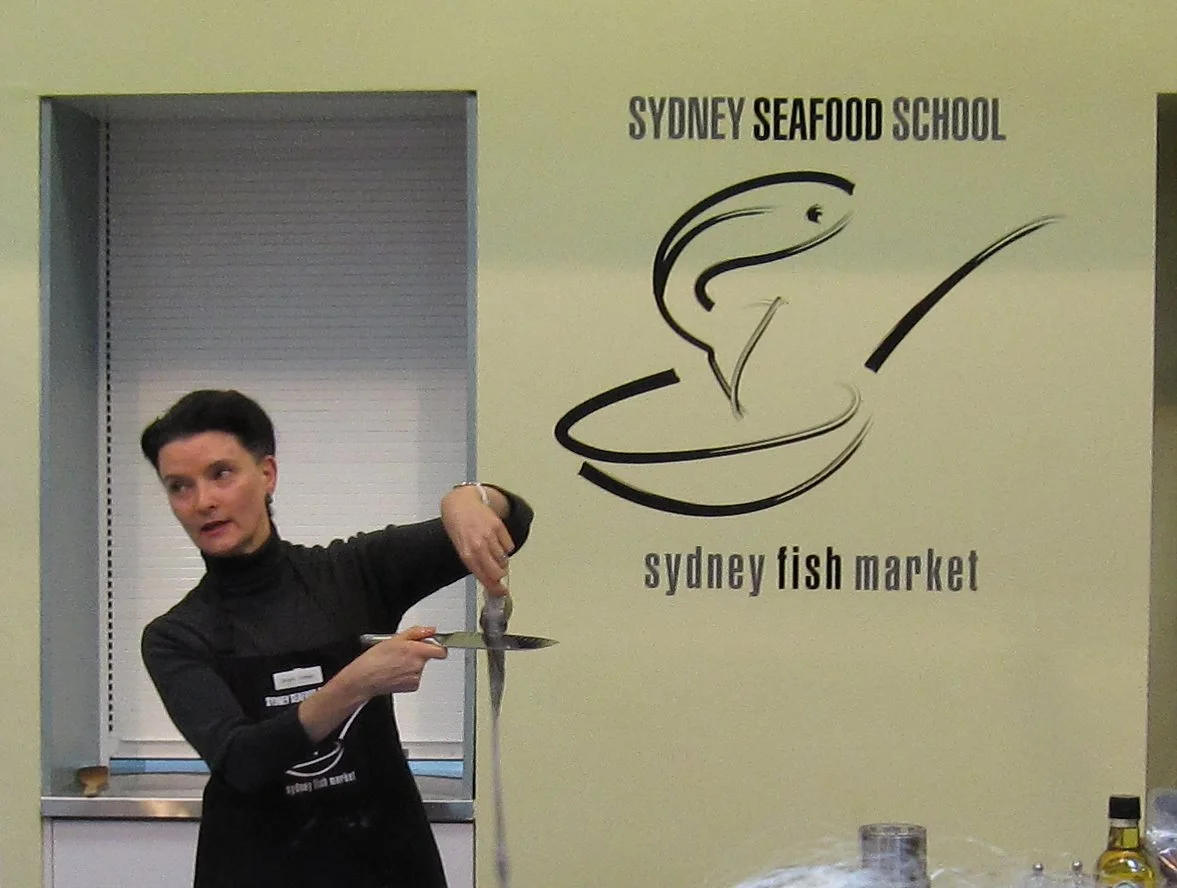Film Review: Food Inc.
On the Sydney Film Festival's opening day, I saw the documentary Food Inc. about the industrialized state of food production in the United States. If you haven't had your head stuck in the sand in the last 10 years, this film provides few new insights or even new footage of cruel animal treatment. It is certainly successful with putting certain issues top of mind, including how mass produced our food has become, and how detached we've become from the production of food, especially meat.
But I wish the film could have suggested a few alternatives or realistic strategies that we could take, besides looking for organic foods and writing to our representatives. I'm glad that the film did introduce us to a family with a diabetes problem that's struggling to eat healthily, when fresh food is more expensive and time consuming to prepare than the drive-thru. But there were no alternatives for them except to write to our representatives asking to change food policy. I'm also glad that the film introduced us to a farmer who raises free range grass eating cows on a very low-scale basis. But we don't find out how much he's making, and whether his way of life is a viable alternative to farmers stuck in the big corporate machinery; earlier the audience tsk-ed when we learned that the pig farmers under contract to Perdue earned $18,000 a year, but we never found out how much the sustainability-oriented farmer made.
Beyond the specific content regarding food, though, I thought that the film raised a broader issue that Americans, both liberal and conservative, are struggling with. We like to have good guys and bad guys in our narratives, and in the food production narrative, the "big food executives who live in the city and never go near a farm" are the bad guys, while the people actually living the pastoral life depicted on food packaging are the good ones, at least among the liberally inclined. But then when Sarah Palin says, "we grow real good people in our small towns," and she positions herself as non-big city intellectual, we think she's an uneducated dufus. I think we'd all be better off if we stop with the city vs. rural warring, and realize that good and bad is much more complicated than pitting one against the other.




